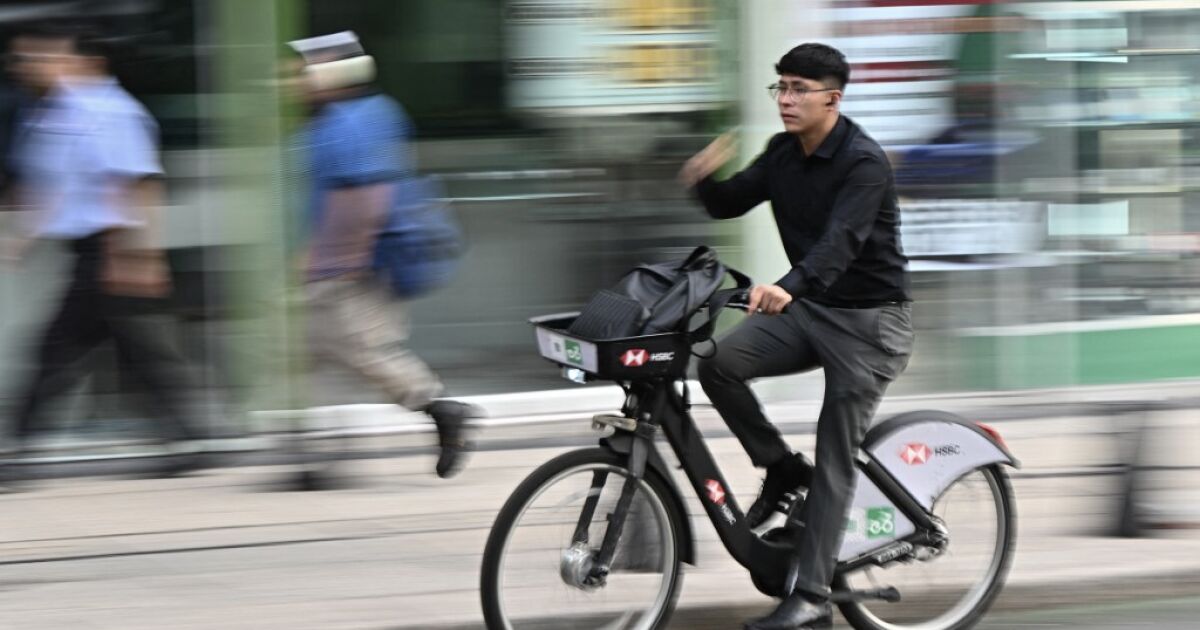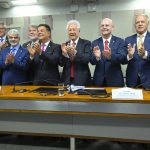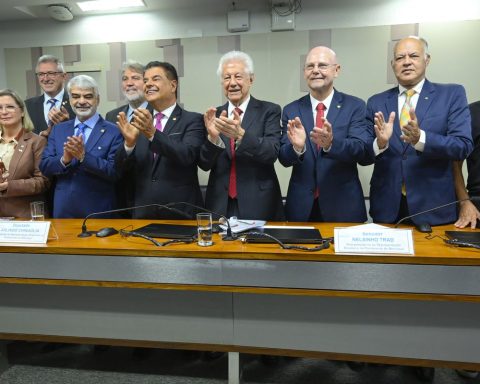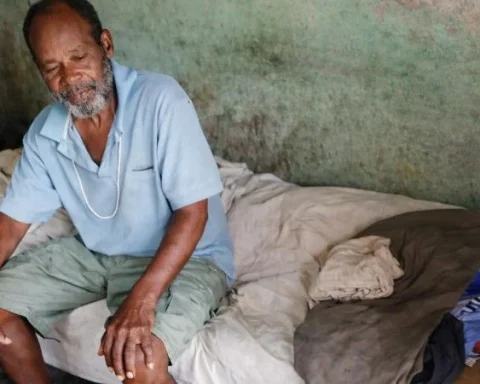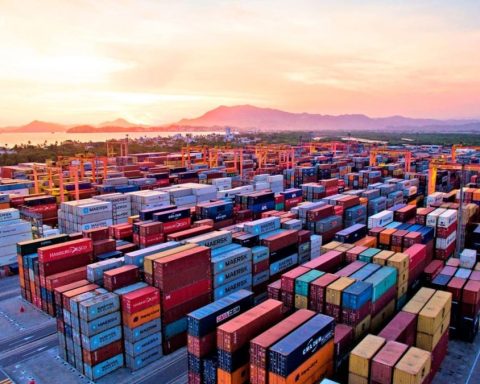We would then need a compass to determine what is fair or unfair, desirable or undesirable that would direct us towards generating well-being while respecting the limits of the planet Unfortunately, that is not the compass we use to dictate public policy or to judge as a society our status quo or potential changes to it.
Instead, we have become obsessed with metrics and ways of thinking that lead us towards systems of limited and unequal access, as well as carbon, natural resource and space intensive. Here are four examples of some of these obsessions and reflections to get out of them:
1. Obsession with mobility: thinking about proximity, digital alternatives and access
Equating mobility with well-being is one of our great vices. We have forgotten that mobility is a means and not an end and we have become blind to the need to plan for create access We ignore that success depends on virtuously combining mobility (connections), proximity between people and places that interest us, and digital alternatives.
It is with this bias that we have given a large amount of public space to private cars to the detriment of sustainable modes and creating proximity, generating territories that are intensive in mobility (and environmental impacts) but poor in proximity and access. We have also closed ourselves off from considering futures in which we could significantly reduce environmental impacts by reducing mobility and increasing access.
2. Obsession with congestion: reducing the carbon footprint and freeing up space
Our obsession with congestion has reinforced our bias toward expansive, resource-intensive mobility. We prioritize cars being able to move “freely” or without delay (a flow), and ignore absolute conditions that are crucial to living well under planetary boundaries. For one, the size of the fleet and the distances it travels. Reducing the impact on materials and resources, as well as direct and indirect emissions, requires smaller fleets and reducing overall private car use.
On the other hand, the space and infrastructure required. Reducing congestion at any cost in terms of space is not only inefficient (due to induced demand) but a luxury we cannot afford. Given the need to regenerate green spaces for reasons of adaptation, ecosystem regeneration and health (among other things), reducing the spatial footprint of transport is just as crucial as reducing its carbon footprint. And if we want to improve access, then freeing up space for sustainable modes and creating proximity is also indispensable.
3. Obsession with parts: thinking in systems
Our third vice is thinking more about the parts than about how they are organized. We optimize systems that don’t work instead of transforming them. Improving vehicles with technology will lead us to a dependency on high-tech cars, but it will not solve unequal access or allow us to live within planetary boundaries.
Thinking in parts contributes to polarizing us as a society. It puts the emphasis on individual changes and turns into a war between those who want and those who don’t want. Thinking in systems allows us to recognize the crucial role of the system (i.e. interaction between infrastructure, relative prices, advertising, public policy, social imaginaries, etc.) in promoting self-dependent lifestyles. The emphasis is on the system change that could allow for social transformation.
4. Obsession with the status quo: giving ourselves the opportunity to imagine a different future
Our love-hate relationship with the status quo makes us complain while at the same time overestimating the well-being it brings us. We think of changes as an imposition, but we rarely consider what is already imposed on us (e.g. long commutes, noise, the impossibility of our children riding a bike, or the lack of safe and healthy public spaces). The status quo is not only what we see. It includes what we believe and conceive as possible.
Questioning what we take for granted as freedom or justice, and even the functions assigned to infrastructure (e.g. our streets) is more necessary than ever. Could a dialogue be achieved – without pretense – between public policy makers, interest groups and citizens, to co-create a different future? How could we open innovative spaces that promote a constructive exchange to achieve a citizen agreement and with decision makers that is not a fantasy, but the route to decision making for a system with equitable access under planetary limits?
